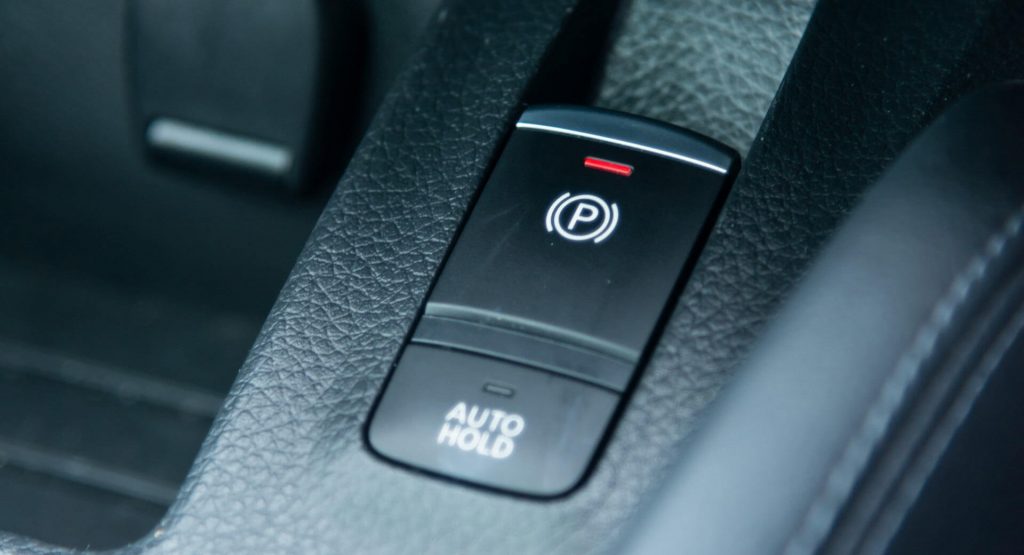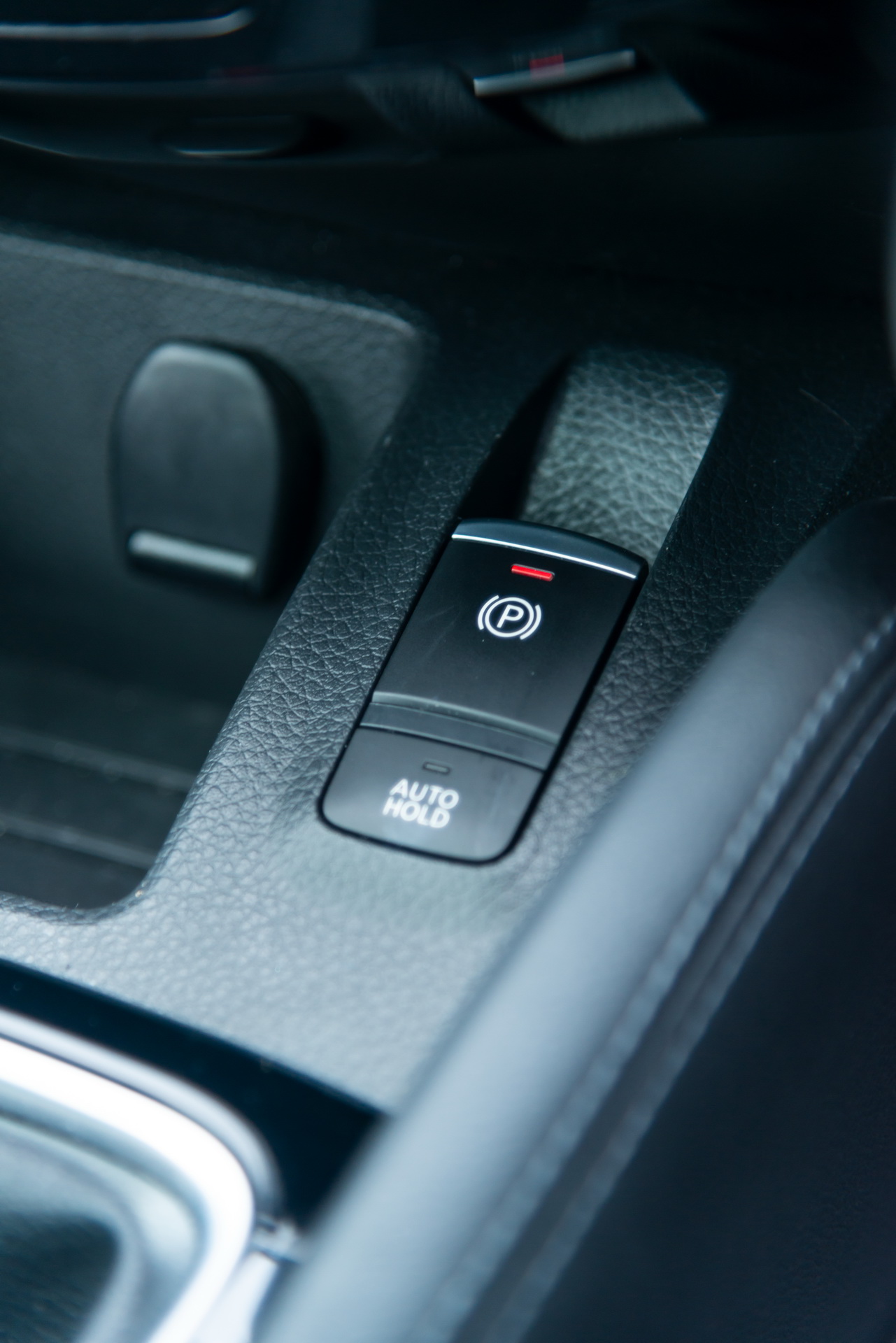Based on research conducted by online automotive marketplace CarGurus on 32 manufacturers, the traditional handbrake is about to reach its final destination as automakers are now focusing mostly on electronic parking brakes.
The numbers show that just 37% of new cars on sale in the UK today feature a manually-operated handbrake, whereas the only two manufacturers to have a standard handbrake on every single model in their range are Dacia and Suzuki.
On the other end of the spectrum are brands such as Audi, Jaguar, Land Rover, Lexus, Mercedes and Porsche, who no longer have any models on sale fitted with a manual parking brake.
Is the electronic parking brake better?
Pretty much. The way it works is by featuring a switch that operates a pair of small motors, in turn engaging the rear brakes. It requires a lot less physical effort and doesn’t need to be adjusted like a traditional lever and frees up space inside the cabin, especially at the center consol.
On top of that, most electronic parking brakes disengage automatically when you pull away, plus they also offer automatic hill-hold functionality.
“It’s official, the death of the handbrake is coming as manufacturers switch to electronic parking brakes in huge numbers,” stated CarGurus UK editor Chris Knapman. “Within the next few years we expect the number of cars on sale with traditional handbrakes to decline further, likely only to be found on a select number of niche models. Of course, the benefits can’t be ignored, but as the latest technology trickles through manufacturer line-ups, many new drivers might never experience one of the most familiar of automotive features. The temptation to attempt flamboyant handbrake turns is soon to be a thing of the past, too!”
Of course, if you’re of the mindset that mechanical interactions are more engaging than automatic ones, perhaps you’re really going to miss the good old lever when it’s completely gone. One cannot stop progress, however, so we’d better get used to those buttons.




